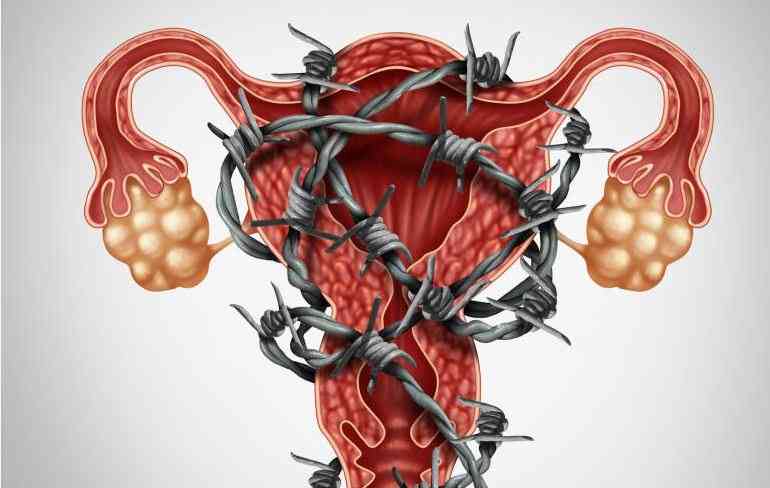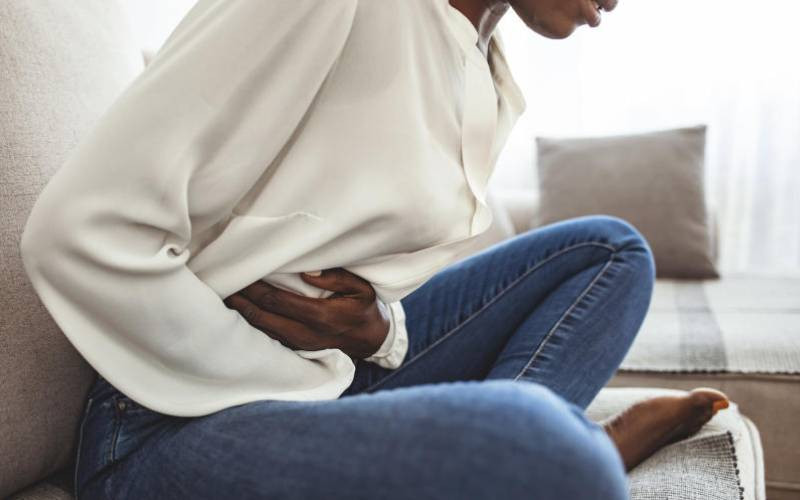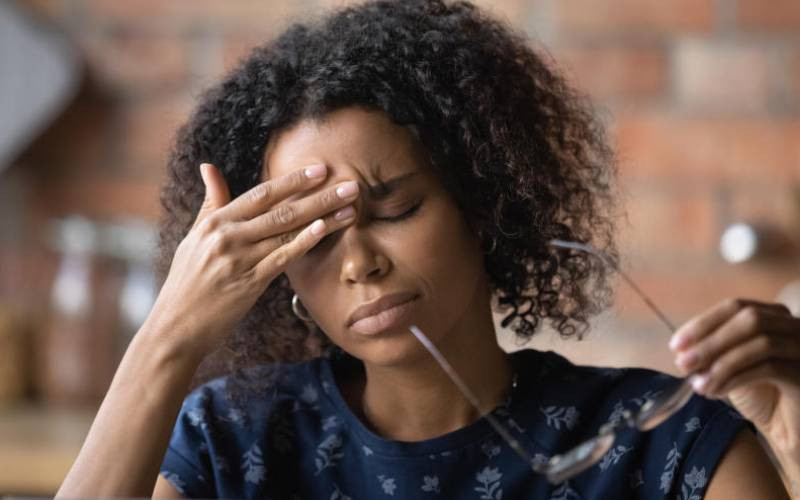
1. Using your mobile before bed
Why? Radiation given off by mobiles can cause insomnia and headaches, according to a recent report by Swedish scientists.
They found that people who talked on the phone before bed took longer to reach the deepsleep stages essential for cell rejuvenation and repair.
Experts think that radiation may activate the brain's stress system, making people more alert and so less able to fall asleep.
It may also disrupt production of the hormone melatonin, which controls the body's internal sleep and waking rhythms.
Limit The Damage: "If you need to make a phone call in the evening use your landline, and don't keep your mobile on your bedside table," says Dr Chris Idzikowski, director of the Edinburgh Sleep Centre.
2. Nightly glass of wine
Why? Because we drink more than we realise. New research shows we underestimate how much is in a glass and will happily share a bottle a night with our partner, several times a week.
As a result one-third of women are drinking beyond safe limits every week, according to recent government figures. Stronger wines and the trend for larger wine glasses are also to blame.
As well as increasing your risk of liver damage and breast cancer drinking can have a serious effect on your emotional well-being, according to psychologist Professor Cary Cooper.
"Drinking every night is a classic modern avoidance technique used to blot out problems and stress." But in the long term it actually raises stress and anxiety.
Limit The Damage: According to the Department of Health's Know Your Limits Campaign, women shouldn't drink more than two to three units of alcohol per day. With larger-than-ever wine glasses, experts say one glass of wine now equals two (or sometimes three) units, not just one. This means two glasses of wine could take you over the safe limit. Buy new, smaller glasses or use a measuring jug to keep a check on amounts - 175ml of normal strength wine equals two units.
3. Wearing sunblock every day
Why? Wearing sunscreen continuously can reduce the amount of vitamin D your body is able to make, and put you at risk of serious health conditions such as osteoporosis and depression, according to experts.
Dr Michael Horlick, clinical director of the Medical Research Center at Boston University, says: "Most of the vitamin D our body needs for good health is made by the action of sunlight on skin.
"If you always wear sunblock you're at high risk of vitamin D deficiency - from October to March our skin can't make enough of it due to low levels of winter sunlight."
Limit The Damage: "You don't have to get a tan to get your vitamin D," says Dr Horlick. "Going out in the winter sun for 10 minutes a day will make enough - after that you can apply sunscreen if you're worried about the damaging effects."
4. Chewing gum all day
Why? If you're prone to embarrassing bouts of wind it could be time to give up gum. Chewing too much of the sugar-free variety, which contains the sweetener sorbitol, can cause gas and even diarrhoea.
"This is because the bacteria in our colon absolutely love sweetener," says gastroenterologist Charlene Prather.
"As they break it down it produces large amounts of gas, which swells the stomach causing pain and cramp."
Limit The Damage: Cut back on how much you chew. One or two sticks a day shouldn't be a problem, says Prather.
If you miss it at first, try eating homemade low-fat popcorn or munching on carrot sticks to keep your mouth occupied.
5. Brushing your teeth after breakfast
Why? According to Dr Philip Stemmer, dental surgeon with the Teeth for Life Centre, London: "As we sleep, bacteria and plaque build up on our teeth.
"This is multiplied by the sugar and acid in food and together they act to temporarily weaken the protective enamel on the teeth. So by brushing after breakfast you could be wearing away your tooth enamel before it's had time to harden again."
Limit The Damage: Always brush your teeth before breakfast or wait at least one hour after eating to do it. Use toothpaste that contains fluoride to coat the teeth and help protect against acid and sugar damage.
And use a small-headed brush with synthetic bristles, holding it like a pen, so you don't apply too much pressure.
6. Listening to your iPod
Why? Researchers at Harvard Medical School in the US found that "bud" earphones, which are placed in the ear and used with iPods and MP3 players, encourage people to turn up the volume to dangerous levels to block out external noise. Listening at this level for more than 72 minutes a day could cause lasting hearing damage.
Limit The Damage: New technology is being developed to prevent users from playing tracks at full blast through their earphones for too long. In the meantime, the Royal National Institute for the Deaf advises that if you can't hear any external sounds when you've got your headphones on then the volume is too loud. Take breaks every hour to give your ears a rest, and think about going back to old-fashioned "external" earphones that cover the whole ear - Sony's start from £25.
7. Waist-cinching belts
Why? The current trend for creating an hourglass figure with corset belts can literally take your breath away. "Normally you breathe using your lower lungs and your diaphragm moves up and down," says GP Andrea Ramwell.
"But with too-tight waist belts you're forced to breathe in the upper part of the lung, which restricts breathing and can lead to headaches and dizziness."
Limit The Damage: "Avoid wearing such belts for hours at a time," suggests Andrea. "Choose looser styles that sit on the hips and allow you to breathe more freely."
8. Wearing skinny jeans
Why? Tight jeans and hipster trousers can cause women crippling nerve pain, according to the Canadian Journal of Medicine. They can squeeze a sensory nerve under the hip bone, causing a tingling, burning sensation in the thighs called paresthesia.
Limit The Damage: Dr Malvinder Parmar who identified the phenomenon says: "Women should wear high-waisted trousers or loose skirts and dresses."
Thankfully, high-waisted jeans are back with a vengeance this year - Kate Moss, Sienna Miller and Victoria Beckham have been wearing them.
9. Drinking too much water
Why? We're always being encouraged to drink more, but if you're someone who refills their water bottle several times a day, you may be overdoing it.
Experts are now saying that too many drinks are as dangerous as too few.
Professor David Oliveira, a kidney specialist at St George's Hospital, in London says that more than two litres a day is excessive.
"There are few benefits to drinking copious amounts of water," he says. In fact drinking just a few litres over a short period of time can cause "hyperhydration", which can lead to confusion, coma - even death.
Limit The Damage: "If you're going to the toilet more than once every two hours, you might be drinking too much," says dietitian Ursula Arens.
"It's hard to give an exact amount to drink - it will vary depending on the person's size, how much they exercise and how hot it is, but one-and-a-half litres a day is a good rough guide."
10. Taking painkillers too often
Why? One in a hundred people suffers from recurrent headaches caused by taking painkillers to relieve the pain, according to research. And five times as many women as men fall victim to these "rebound" headaches.
"Drug companies are not doing enough to highlight the risks of their products," says Dr Anne MacGregor, director of clinical research at the City of London Migraine Clinic.
Limit The Damage: "Use painkillers no more than two to three times a week. The only solution for rebound headaches is to break the cycle and stop taking the medication causing them," says Dr MacGregor.
 The Standard Group Plc is a multi-media organization with investments in media platforms spanning newspaper print
operations, television, radio broadcasting, digital and online services. The Standard Group is recognized as a
leading multi-media house in Kenya with a key influence in matters of national and international interest.
The Standard Group Plc is a multi-media organization with investments in media platforms spanning newspaper print
operations, television, radio broadcasting, digital and online services. The Standard Group is recognized as a
leading multi-media house in Kenya with a key influence in matters of national and international interest.










